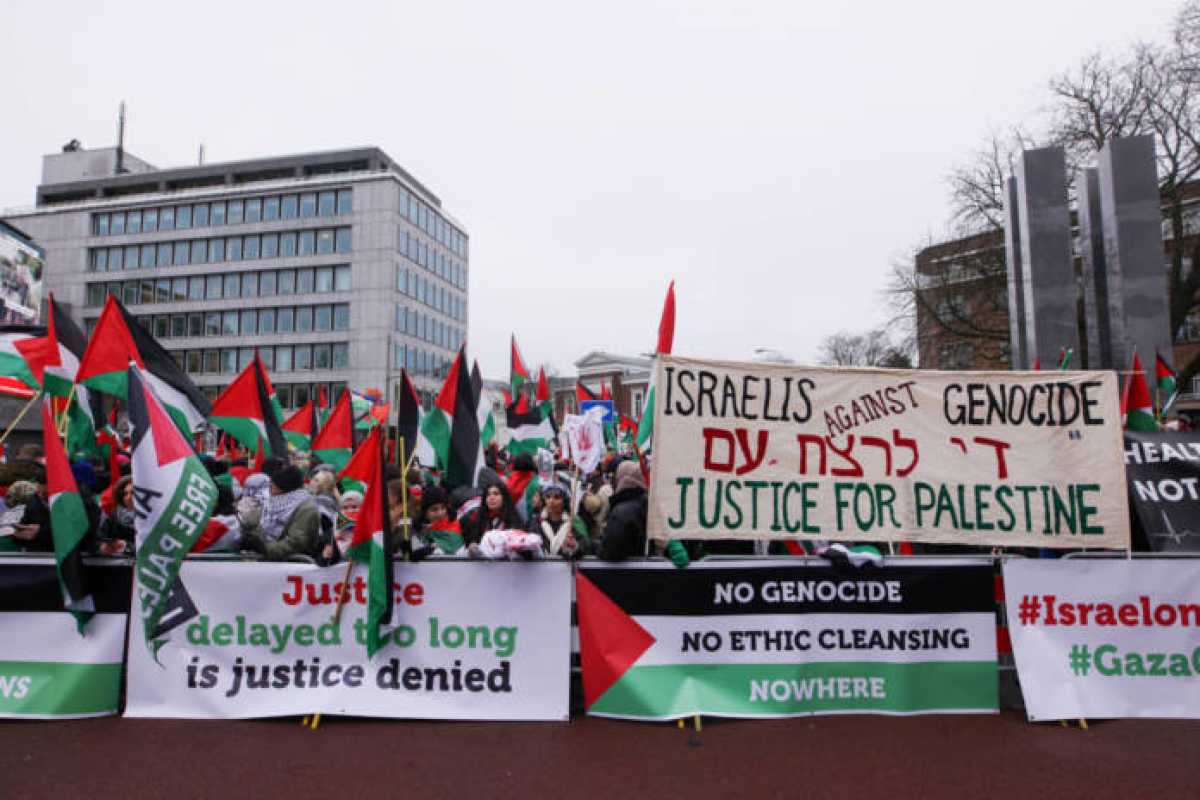World
South Africa’s Stand Against Israel Boosts its Role as Champion of the Downtrodden

South Africa‘s position against Israel may have caused some discomfort in the Western capitals, but it has bolstered the country’s reputation as a champion of the Global South. This move is likely to pay off, as competition for Africa‘s resources and support in the United Nations intensifies between the Western powers, China, and Russia, especially against the backdrop of Russia‘s actions in Ukraine.
On Friday, the International Court of Justice (ICJ) rejected Israel’s request to dismiss the case brought against it by South Africa, stating that Israel must prevent its troops from committing genocide against Palestinians. Although the ICJ did not issue a ruling on the genocide allegations, this decision is likely to take years.
This ruling carries significant weight, as it unequivocally exposes the abuses suffered by Palestinians, further enhancing South Africa’s reputation as an international defender of human rights. This development has raised concerns among Israel’s allies in Washington, Brussels, and London. However, given Africa’s prominence in terms of industrial and diplomatic influence, these Western nations cannot afford to alienate South Africa, especially when China has been actively enticing African countries through financial investments, infrastructure projects, and technology transfers.
Steven Friedman, director of South Africa’s Centre for the Study of Democracy, states that punishing South Africa for its ICJ case would require similar action against other African countries supporting the Palestinians. This, in turn, would strengthen China’s position on the continent. U.S. Secretary of State Antony Blinken, during his recent visit to Angola, acknowledged South Africa’s ICJ case, emphasizing the ongoing collaboration between the two countries in many other areas.
Israel’s occupation of Palestinian territories has resulted in the displacement of approximately 1.9 million Palestinians and the deaths of over 26,000, according to Gaza officials. The global outrage surrounding these atrocities has made the moral support from the World Court particularly significant.
South Africa often presents itself as a critic of a world order that predominantly serves the interests of the United States and its affluent allies. It views international norms as selective and enforced mainly on adversaries but not friends or even on themselves. During the COVID-19 pandemic, President Cyril Ramaphosa accused wealthier nations of hoarding vaccines, further highlighting South Africa’s commitment to challenging global power imbalances.
South Africa’s involvement in marketing BRICS as an alternative to Western dominance and the recent ICJ case align with its aspiration to become a leading voice on global affairs in Africa. The comparison drawn between its historical struggle against apartheid and the Palestinian cause further emphasizes this position. However, South Africa’s lack of a firm stance on Russia’s actions in Ukraine has raised eyebrows. Last year, the government unsuccessfully sought a waiver to arrest President Vladimir Putin for alleged war crimes so that he could attend a BRICS summit. This selectivity has been criticized, but the nation’s decision to assemble a top-notch legal team for the ICJ case has been widely praised.
South Africans take pride in their robust rule of law, a legacy of the anti-apartheid struggle. To witness their judges representing the country on the ICJ bench, adorned with South African scarves, evokes a sense of national pride similar to watching their national rugby team, the Springboks, winning the World Cup.












